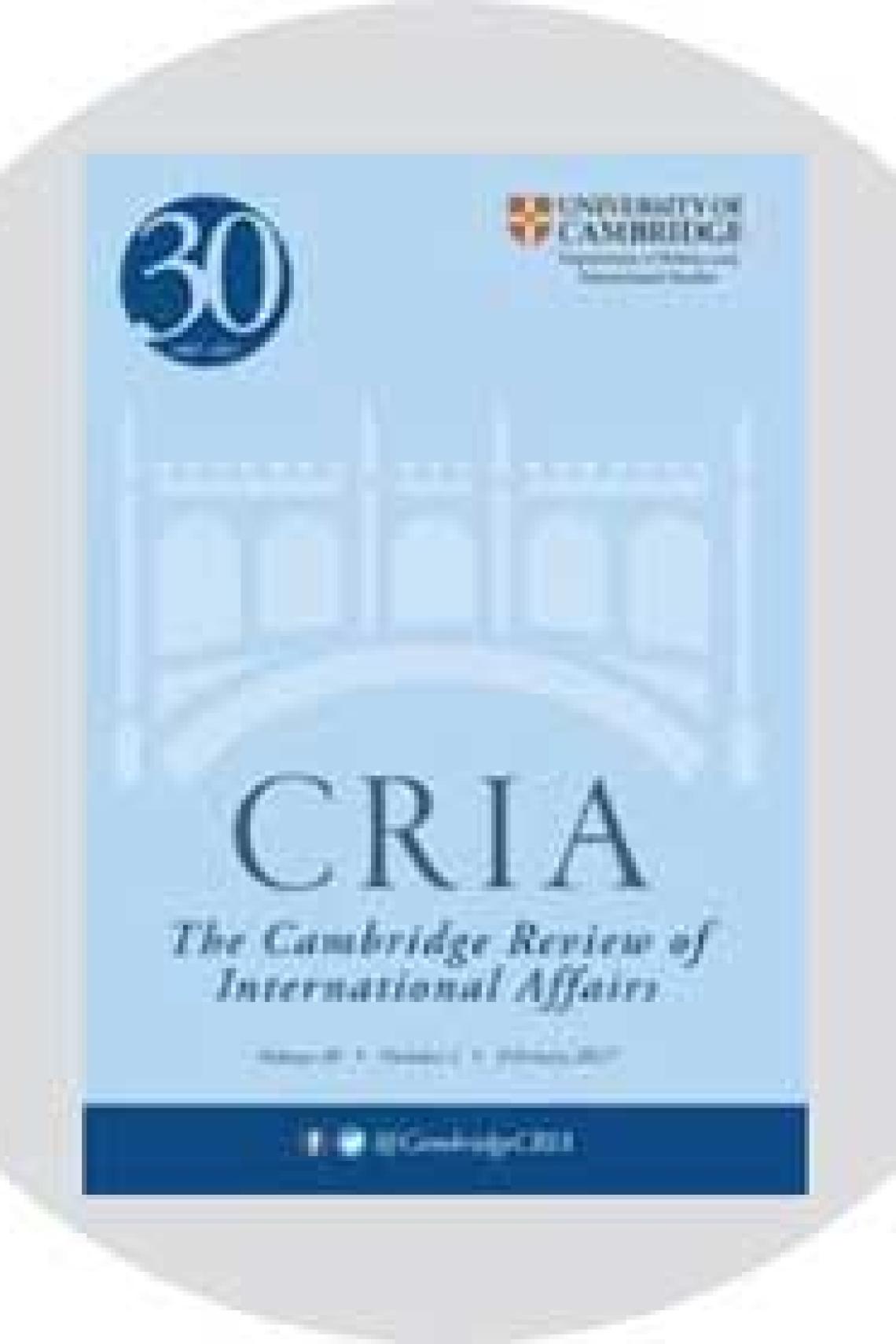New article by Corneliu Bjola, Ilan Manor explores impact of digitalisation on ‘two-level game theory’ of international negotiations
A new article by Associate Professor Corneliu Bjola and DPhil student Ilan Manor explores how digitalisation has affected the interaction between international and domestic politics in international negotiations.
The authors note that few studies have investigated the impact of digitalisation on Robert Putnam’s two-level game theory – his suggestion that it was not possible to separate international and domestic politics in the context of international negotiations, which should therefore be conceptualised as a two-level game.
The authors note that such an investigation is warranted given that state and non-state actors can employ digital tools to influence decision-making processes at both national and international levels.
The article advances a new theoretical concept, Domestic Digital Diplomacy, referring to the use of social media by a government to build domestic support for its foreign policy. The model is introduced through the case study of the @TheIranDeal twitter channel, a social media account launched by the Obama White House to rally domestic support for the ratification of the Iran Nuclear Agreement.
The study demonstrates that digitalisation has complicated the two-level game by democratising access to foreign policy decisions and increasing interactions between the national and international levels of diplomacy.
Corneliu Bjola and Ilan Manor (2018) 'Revisiting Putnam’s two-level game theory in the digital age: domestic digital diplomacy and the Iran nuclear deal', Cambridge Review of International Affairs, DOI:10.1080/09557571.2018.1476836

